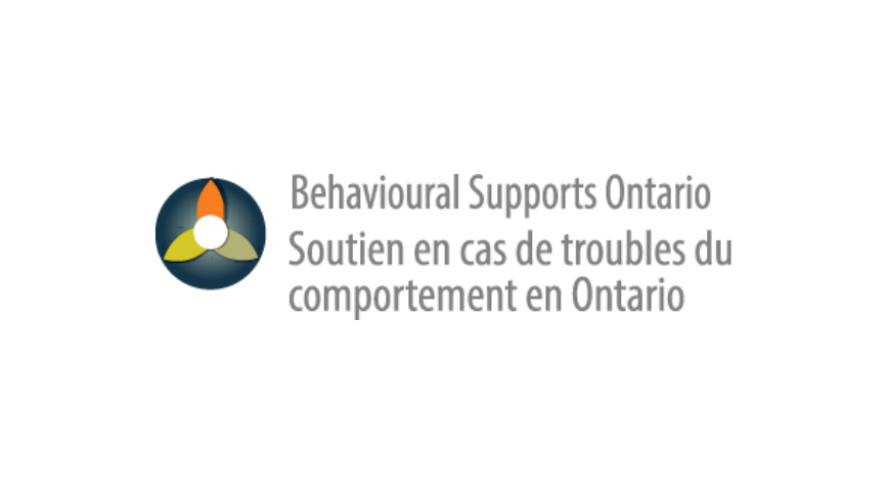Behavioural Supports Ontario
Behavioural Supports Ontario (BSO) exists to enhance services for older adults with complex responsive behaviours associated with dementia, mental health, addictions and other neurological disorders, providing them with the right care at the right time and in the right place.

The Windsor-Essex, Chatham-Kent and Sarnia Erie St. Clair Local Health Integration Networks (LHIN) have recruited a BSO System Navigator who will provide guidance to the client and his/her caregiver to direct them through supports they need. The System Navigator will be the family's constant point of contact.
The Alzheimer Society of Windsor-Essex County supports the BSO Program and provides on-site office space for the BSO System Navigator. For more information about BSO, contact our System Navigator, Michele Vigneux at 519-974-2220 ext. 248 or Felicia Laramie at 519-355-4108.
Behavioural Supports Ontario (BSO) exists to enhance services for older adults with complex responsive behaviours associated with dementia, mental health, addictions and other neurological disorders, providing them with the right care at the right time and in the right place (at home, in LTC or elsewhere). It is hoped that persons who have in the past spent time in hospital beds, will be better served elsewhere in the community or in long term care homes. The project aims to improve the lives of older adults and their families by offering better options for care.
The Guiding Principles of the Erie St. Clair Responsive Behaviours Project are:
Behaviour is Communication: Challenging behaviour can be minimized by understanding the person and adapting the environment or care to better meet the individual's unmet needs. This principle is based on the belief that behaviours are an attempt to express distress, problem-solve or communicate unmet needs, and that most often challenging or responsive behaviour is not meaningless, unpredictable, or only manageable through chemical or physical restraints.
Respect: All persons must be treated with respect, regardless of the situation and are accepted regardless of age, health status, behaviour, etc. Respect and trust should characterize the relationship between staff and clients and between providers across systems.
Collaborative Care: Accessible, comprehensive assessment, and intervention requires an interdisciplinary approach, which includes professionals from different disciplines, as well as the client and family members, to cooperatively create a joint, single plan of care.
Safety: The creation of a culture of safety and well-being is promoted where older adults and families live and visit and where staff work.
System Coordination and Integration: Systems are built upon existing resources and initiatives and encourage the development of synergies among existing and new partners to ensure access to a full range of integrated services and flexible supports based on need.
Accountability and Sustainability: The accountability of the system, health, and social service providers and funder to each other is defined and ensured.
